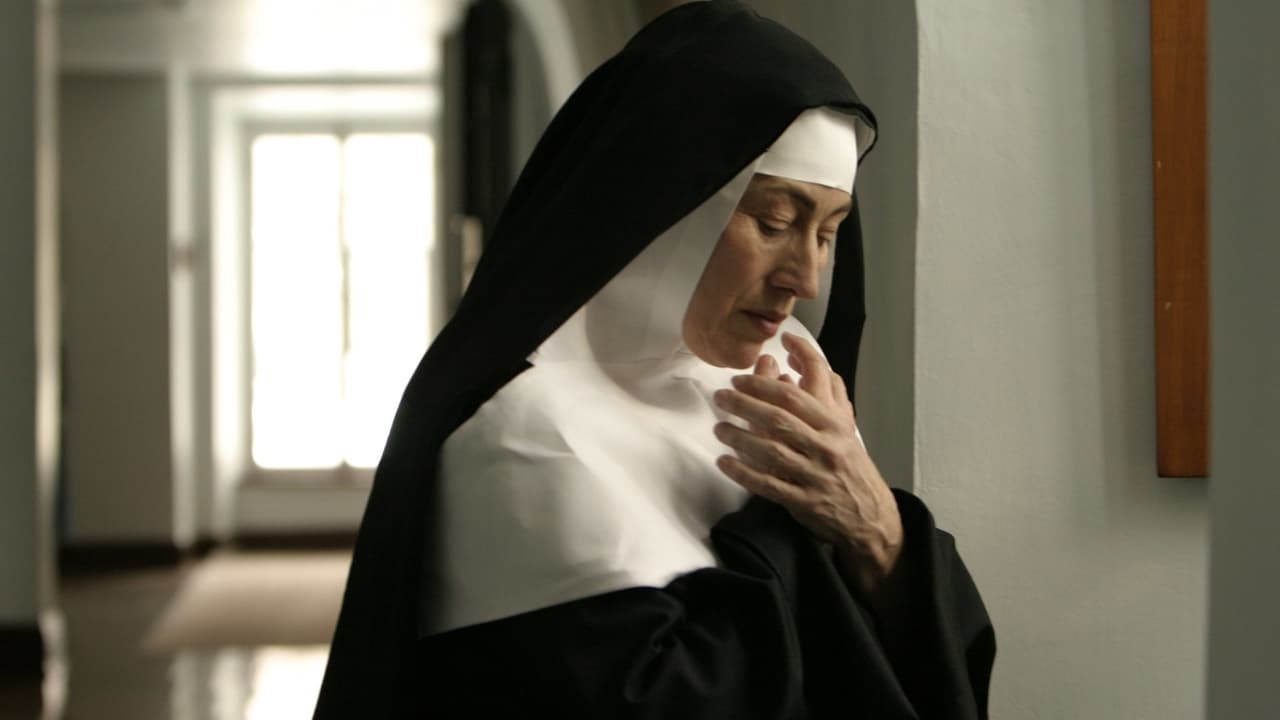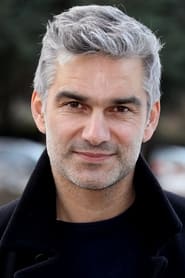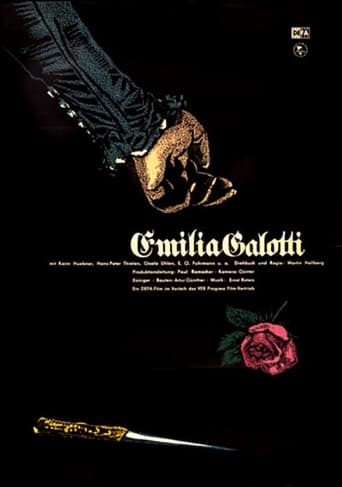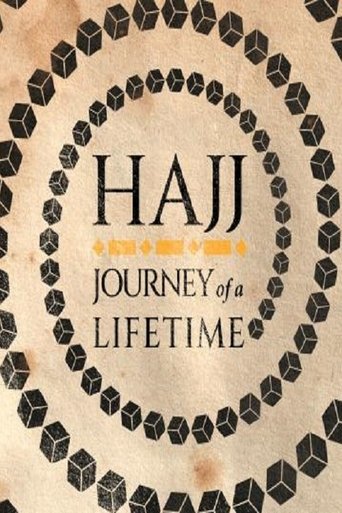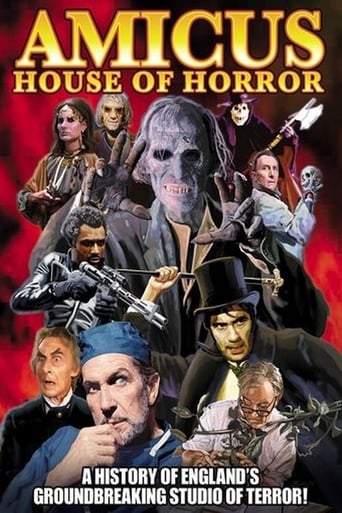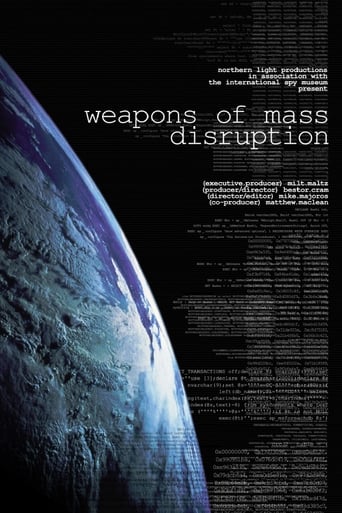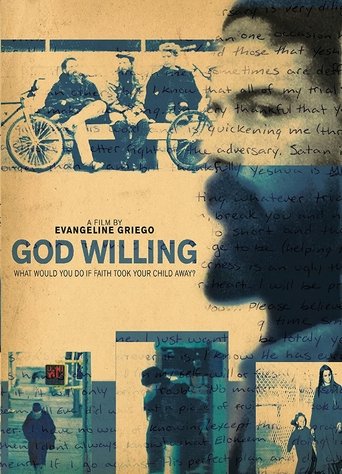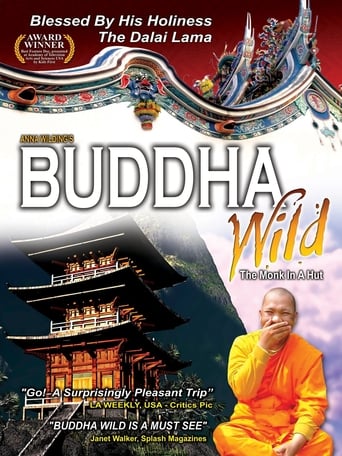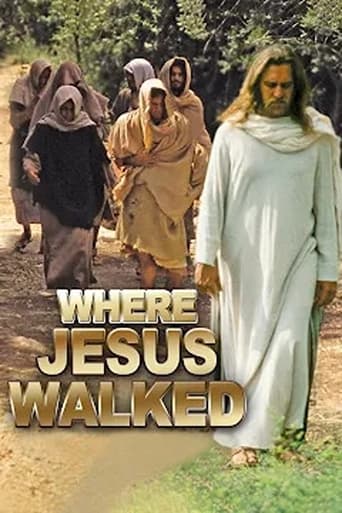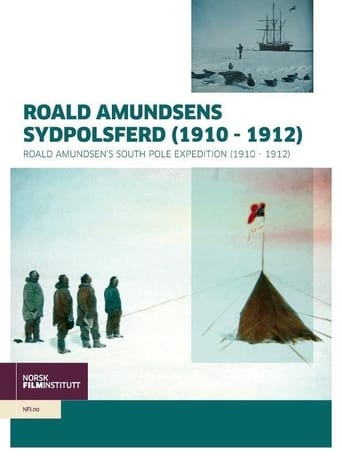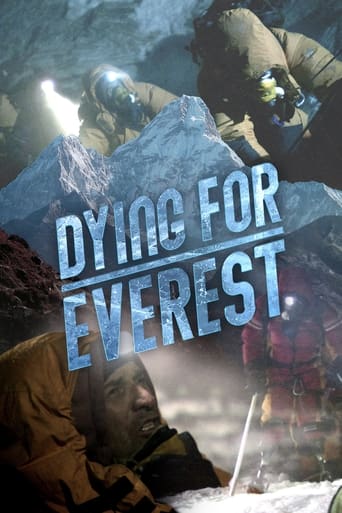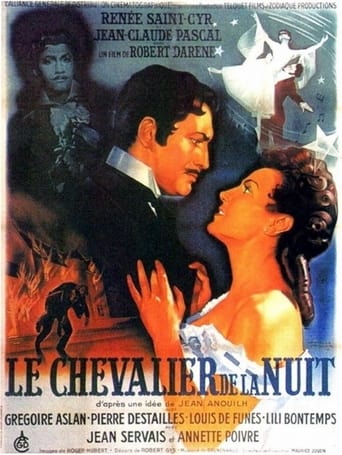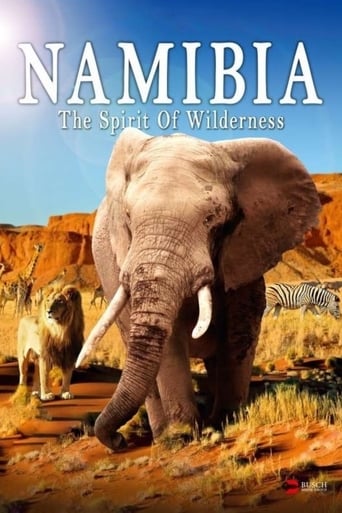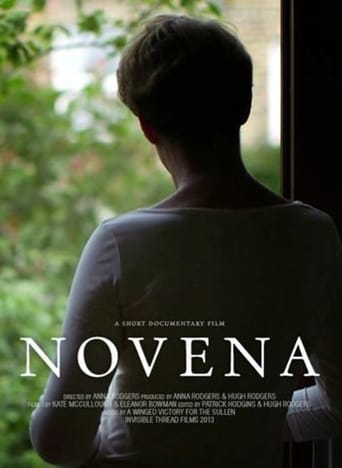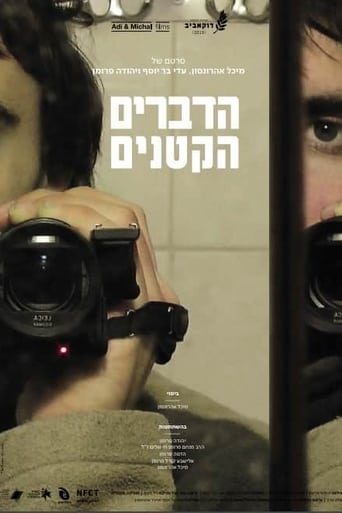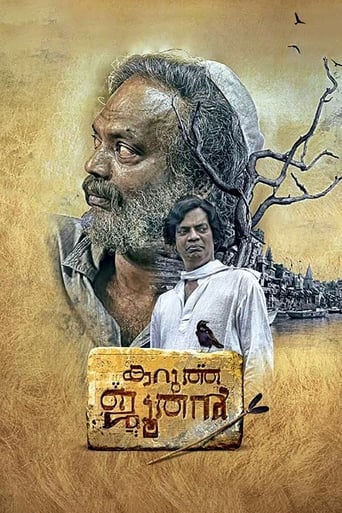
18 Aug 2017

The Black Jew
Aaron Eliyahu, a Jewish man, travels to a small village called Mala, Kerala in search of his Jewish heritage. On his journey, he befriends a Muslim man named Beerankunj. Unfortunately, Aaron meets with a fatal motor accident that lands him in a state of coma in a hermitage somewhere in North India. By the time he reaches Mala, he sees that his house has been converted into a post office and learns that his mother, Veronica, entrusted all her property with the panchayat before leaving for Israel. Unable to prove his own identity, Aaron is denied the rights to his own house. Since he is unable to provide any concrete evidence in the court of law, Aaron is thrown into the streets with only his true friend Beerankunj by his side. Karutha Joodhan reveals the unexpected happenings passing through the three generations of Aaron and Beerankunj.
